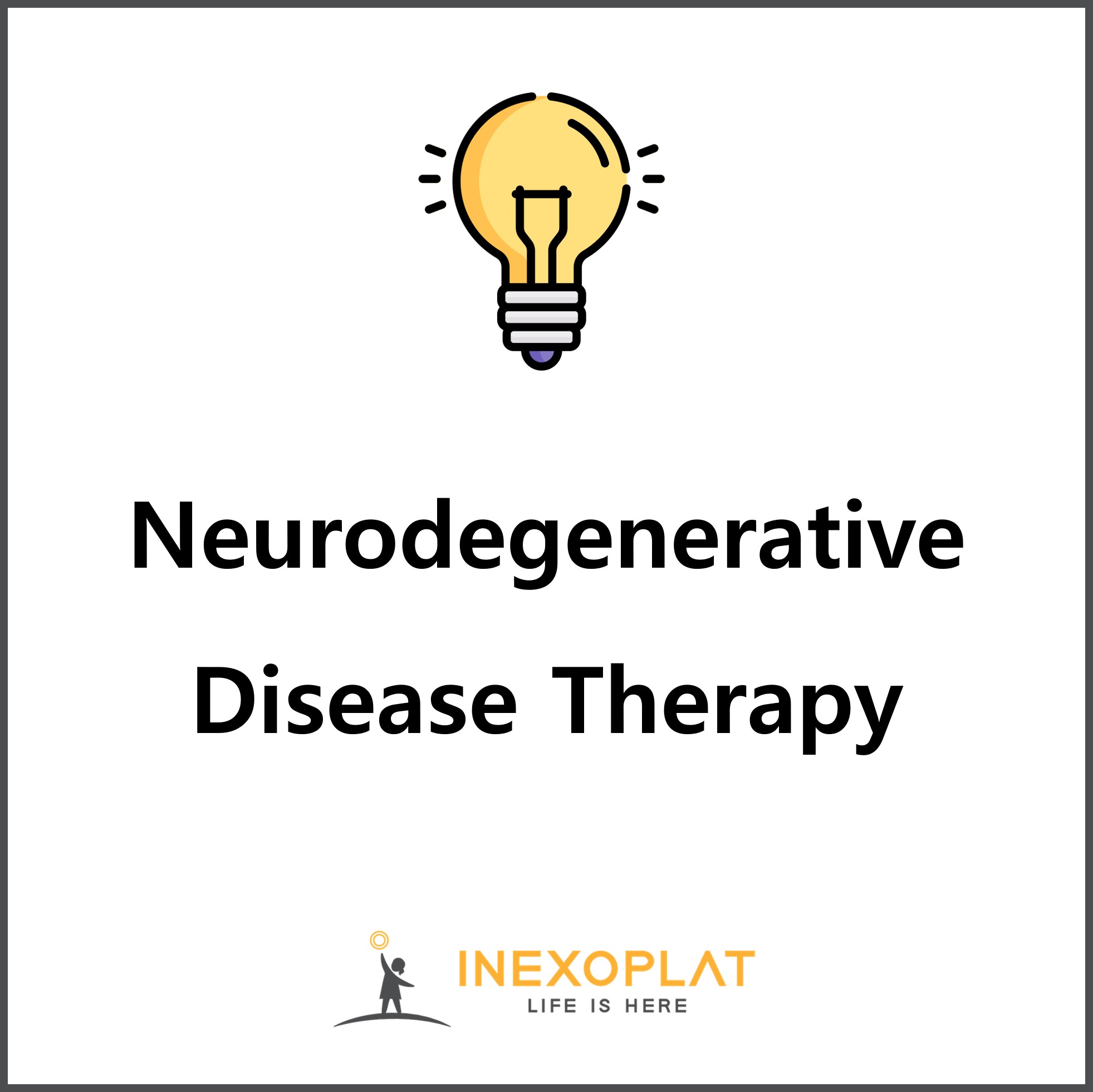Stem Cell Clinical Trials: Potential and Limitations
Neurodegenerative diseases such as Alzheimer’s disease, Parkinson’s disease, amyotrophic lateral sclerosis (ALS), and Huntington’s disease continue to increase in prevalence worldwide, yet no curative therapies have been established to date. A recently published review summarized the current landscape of stem cell–based clinical trials and provided insights into future directions.
According to the analysis, a total of 94 clinical trials involving more than 8,000 participants have been registered for clinical development. Approximately 70% of these trials focused on Alzheimer’s disease, followed by Parkinson’s disease, ALS, and Huntington’s disease. However, only three studies have progressed to phase III, indicating that most trials remain at the early stages of clinical development (phase I/II).

The most frequently used cells were mesenchymal stem cells (MSCs), derived mainly from bone marrow, adipose tissue, or umbilical cord blood. MSCs are of interest due to their immunomodulatory and neuroprotective effects. Neural stem cells (NSCs), with their potential to differentiate into neurons and glial cells, have also been investigated, though their availability and ethical considerations present challenges. Induced pluripotent stem cells (iPSCs) have been applied in Parkinson’s disease research, particularly to generate dopaminergic progenitors for transplantation. Embryonic stem cells (ESCs) exhibit high differentiation capacity but remain limited by ethical and regulatory concerns.
Exosomes as a Novel Therapeutic Strategy: BBB Penetration and Pathological Protein Inhibition
Alongside stem cell research, exosome-based therapies have recently gained attention. Exosomes are nanosized vesicles secreted by cells that transport proteins, RNA, and lipids, and are capable of crossing the blood–brain barrier. With high biocompatibility, low tumorigenic risk, and relatively easier storage and standardization, exosomes hold significant potential for clinical application.
Preclinical studies have shown that MSC-derived exosomes mitigate amyloid-β (Aβ) accumulation and improve cognitive function in Alzheimer’s disease models. In Parkinson’s disease models, they inhibited α-synuclein aggregation, protected dopaminergic neurons, and enhanced motor recovery. In ALS models, exosomes reduced oxidative stress and improved motor function, while in Huntington’s disease models, they suppressed mutant huntingtin protein expression and promoted neuronal survival.
Clinical Trial Landscape and Technological Advances
As of the review’s publication, exosome-based therapies are still at an early clinical stage. To date, only three clinical trials have been registered—two for Alzheimer’s disease and one for ALS—with no trials yet reported for Parkinson’s disease or Huntington’s disease. For instance, in an Alzheimer’s disease trial (NCT04388982), intranasal administration of umbilical cord–derived MSC exosomes was associated with partial cognitive improvements.
At the same time, research on engineered exosomes is rapidly expanding. Strategies include surface modification to enhance receptor-specific targeting and the loading of genetic material, proteins, or antioxidants to improve therapeutic delivery to the brain. Examples include exosomes carrying miR-124 for Huntington’s disease, siRNA targeting α-synuclein for Parkinson’s disease, neprilysin to degrade Aβ in Alzheimer’s disease, and the antioxidant enzyme catalase to mitigate oxidative stress. These approaches have shown promising results in reducing pathological protein aggregation, alleviating oxidative damage, and protecting neuronal survival.

Future Outlook: Scaling Up Clinical Trials and Standardizing Production
The review concludes that stem cell– and exosome-based approaches open important therapeutic opportunities for neurodegenerative diseases, but several challenges remain. These include the need for large-scale clinical trials, standardized methods for exosome production, and long-term safety evaluations.
If these challenges are addressed, stem cell and exosome research may complement each other to provide new therapeutic strategies beyond current pharmacological treatments such as donepezil for Alzheimer’s disease and levodopa for Parkinson’s disease. Such advances are expected not only to improve patient quality of life but also to mark a significant turning point in the broader field of neurodegenerative disease research.
Reference : Isik, S., Osman, S., Yeman-Kiyak, B., Shamshir, S. R. M., & Sanchez, N. M. E. (2025). Advances in neurodegenerative disease therapy: Stem cell clinical trials and promise of engineered exosomes. CNS Neuroscience & Therapeutics, 31(9), e70577. https://doi.org/10.1111/cns.70577
